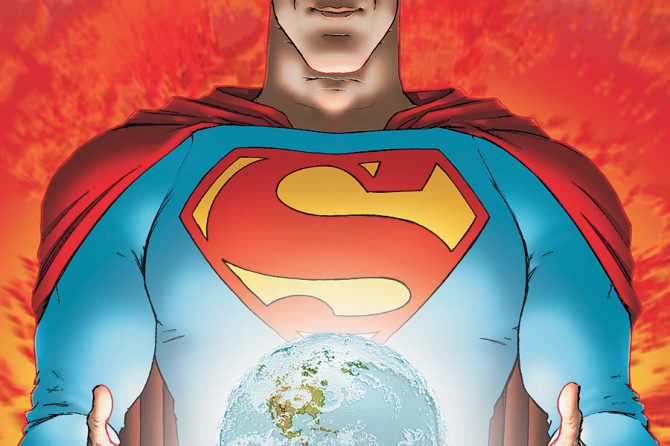Kinesics is the study of “body language”, which explores how movements and gestures project a person’s hidden thoughts. Blushing is an obvious reaction. But more subtle ones can be used. When body language contradicts verbal expression, tension, conflict and interesting scenarios increase. This is a great opportunity for writers.
According to Janet Lee Carey, author of Dragon’s Keep, body language:
Shows the subtle undercurrent of communications between characters (of which either may not be consciously aware).
Shows the comic or tragic elements behind the dialogue.
Reveals the character’s true feelings (regardless of what he or she is saying).
In order to accomplish this, the writer must learn to accurately interpret the subtle signals of body language and translate them into the written form. One way is to look at yourself. Ask yourself: what do you do when you’re nervous? Excited? Thrilled? Sad? Angry? How do you do housework when you’re angry? When you’re happy? It helps to look at the same action under different moods to distill out the finer nuances of gesture and movement.
Pay attention to your own body, suggests Carey. “How do you sit? How do you move? How do you breathe?” Pay attention to your moods and what your body does then. For instance, what do you do with your hands when you’re nervous? How do you speak when you’re impatient? How do you cook when you’re happy? How about when you’re mad?
Carey lists the areas of the body where emotions can be detected by other characters. These include: skin, breathing (swallowing), eyes, eyebrows, ears, lips, jaw, neck, shoulders, arms, hands, back, sexual organs, legs and feet. On the other hand, physical areas where a character may feel an emotion but not show it is: pain in the body, skin, tongue, throat, heart, stomach, sexual organs, and pulse.
You can use body language imaginatively in several ways. Here are a few:
Amplification and contradiction: use body movements and facial expressions to either enhance or contradict the verbal expression
Reactions to invasion of personal space: show signs of restlessness, such as hunching of the shoulders, tucking in of the chin, backing up
Masking: this is when a character defends personal spac by showing indifference or confidence while masking their true feelings (e.g., remember when Like faced the Emperor in that last battle aboard the Deathstar? Despite his quiet show of confidence, he swallowed [his fear]).
Body language can either amplify or contradict what is said between two characters. The latter, of course, is usually more interesting, because it sets up tension and underlying conflict.
The following is an example of amplification:
“So, what happened?” Jenny asked, leaning forward and gazing directly at Mark.
Jenny’s body language matches her dialogue, amplifying her genuine concern. Here’s an example of contradiction:
“Hey, great to see you,” Dave said, crossing his arms and edging back to slouch against the wall.
Tom wandered to the fridge and opened it to look inside. “Can I have a beer?”
Dave fixed a hard smile at Tom. “Sure.”
It’s obvious that Dave isn’t happy to see Tom, and his body language contradicts what he said. This makes for compelling reading. Subtext (beneath the surface of dialogue) adds interest and intrigue, particularly when it contradicts or complicates the “overt” verbal message.










This is both interesting material and invaluable commentary.
I once worked a couple days a week in a care facility for a few weeks. It was a residence for too many people of an entirely wrong mix. Deaf, mute, blind, the old, the abandoned, the heavily medicated.
One day, a technician mixed up the meds for two people. They pulled knives on each other in the kitchen. A young, deaf woman walked into the kitchen while we were trying to sort things out with these two miss-medicated people (an older man and a middle-aged woman).
The young, deaf woman started screaming, at the top of her lungs, and frantically shaking her hands in a spastic manner. Being deaf, she was apparently unaware of how awfully distracting her piercing screams were. It also completely disrupted the entire situation which descended into utter chaos: knives and murderous eyes flashing, scornful looks and jerky, staggering threats.
Fortunately, no one was injured, even though it emptied every bedroom in the place and took an hour to straighten out it all out.
Needless to say, however, the young, deaf woman taught us all about the importance of body language in interpersonal communications.
Awesome story about this subject, Jay… thanks for sharing. Sounds like excellent material for a short story… 🙂
Best,
Nina